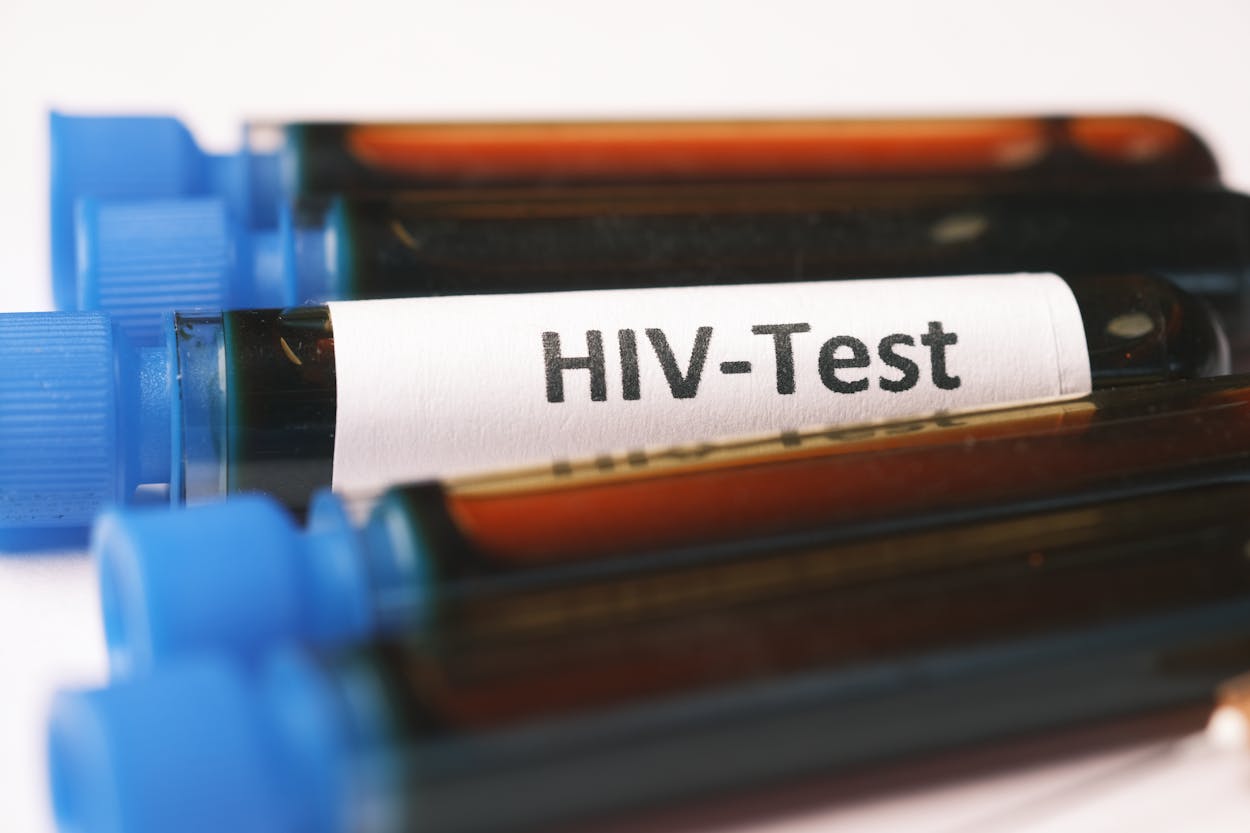
Gilead Sciences, Inc. (Nasdaq: GILD) has released new data from its pivotal Phase 3 PURPOSE 2 trial (NCT04925752), highlighting the efficacy and safety of lenacapavir, an injectable HIV-1 capsid inhibitor, for HIV prevention among a diverse group of cisgender men and gender-diverse individuals.
These findings were presented during an oral abstract session at the 5th HIV Research for Prevention Conference (HIVR4P) on October 8 in Lima, Peru. This announcement follows the unblinding of the trial at an interim analysis in September, which revealed that lenacapavir reduced HIV infections by 96% compared to background HIV incidence (bHIV). It also demonstrated superiority over the once-daily regimen of Truvada® (emtricitabine 200 mg and tenofovir disoproxil fumarate 300 mg) for HIV prevention as pre-exposure prophylaxis (PrEP).
Dr. Colleen Kelley, Professor of Medicine at Emory University and a Principal Investigator for the PURPOSE 2 study, stated, “These data reinforce that twice-yearly lenacapavir could be a highly effective and potentially game-changing HIV prevention choice that we have long hoped for in our efforts to end the HIV epidemic. PURPOSE 2 was designed to reflect the lives and locations of many individuals disproportionately affected by HIV globally, focusing on gender, racial, ethnic, and geographic diversity.”
In the trial, lenacapavir demonstrated significant effectiveness, with only two HIV infections occurring among 2,179 participants who received the treatment, resulting in a rate of 0.10 infections per 100 person-years (95% CI, 0.012 to 0.373). This outcome indicated a 96% relative risk reduction (IRR 0.04, 95% CI, p<0.0001) compared to bHIV, which had an infection rate of 2.37 per 100 person-years (95% CI, 1.649 to 3.417). Furthermore, lenacapavir proved to be 89% more effective than once-daily Truvada (IRR 0.11, 95% CI, p=0.00245).
PURPOSE 2 is a Phase 3, double-blind, multicenter, randomized study that evaluated the safety and efficacy of twice-yearly subcutaneous lenacapavir for PrEP against bHIV and Truvada. The trial included 3,273 participants—cisgender gay, bisexual, and other men, transgender women, transgender men, and gender nonbinary individuals aged 16 and older—across 88 sites in Argentina, Brazil, Mexico, Peru, South Africa, Thailand, and the United States. Participants were randomized in a 2:1 ratio to receive lenacapavir or Truvada. Given the availability of effective PrEP options, a placebo group was deemed unethical, so the trial used bHIV as the primary comparator and Truvada as a secondary comparator.
This trial marks the second Phase 3 study to demonstrate superior efficacy for lenacapavir as a PrEP option, with early unblinding due to the achievement of key efficacy endpoints. In June 2024, the PURPOSE 1 trial (NCT04994509), which evaluated lenacapavir for PrEP among cisgender women in sub-Saharan Africa, was similarly unblinded early after meeting its efficacy targets.
Regarding safety, lenacapavir was well tolerated, with no new safety concerns reported. Injection site reactions (ISRs) were the most common adverse events, alongside rectal chlamydia, oropharyngeal gonococcal infection, and rectal gonococcal infection. Serious adverse events occurred in 3.3% of the lenacapavir group, compared to 4.0% in the Truvada group, with similar rates of adverse events across both groups.
Participants received a total of 15,239 lenacapavir and placebo injections during the trial. While injection site reactions, such as nodules and pain, were common, the incidence of these reactions decreased with subsequent injections, with only 29 individuals (<1%) discontinuing due to ISRs.
The trial highlighted the importance of studying HIV prevention in diverse populations, reflecting recommendations from the PURPOSE 2 Global Community Advisory Group (G-CAG) and community advocates. The study enrolled participants from seven countries across four continents, making it the first Phase 3 HIV prevention trial to intentionally include transgender men and non-binary individuals. Among participants, 67% were non-White, including 38% Black individuals, and 63% identified as Hispanic/Latine. Additionally, over 20% were gender-diverse, with 15% being transgender women, 1% transgender men, and 6% gender non-binary.
Community advocates emphasized the inclusion of adolescents and young people in PURPOSE 2, which, along with PURPOSE 1, is the first Phase 3 HIV prevention trial to intentionally include this demographic. About one-third of the participants in PURPOSE 2 were aged 25 years or younger, with a median age of 29.





